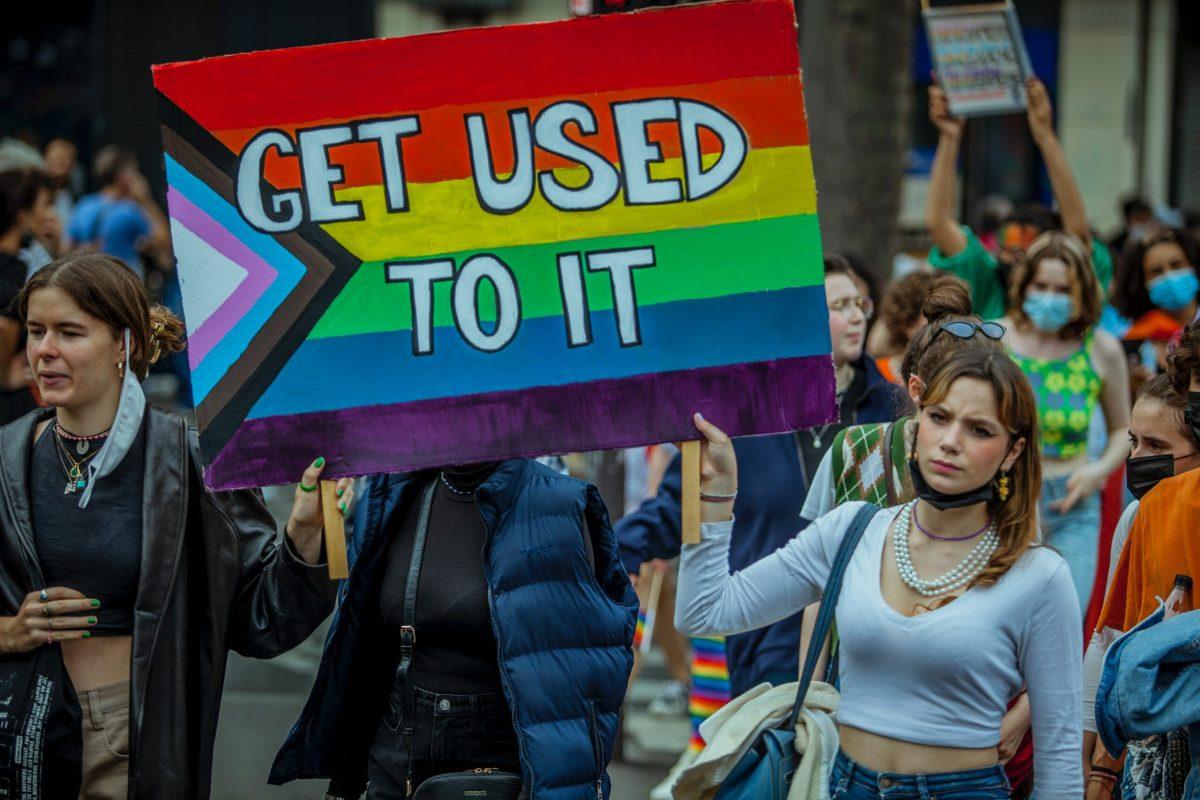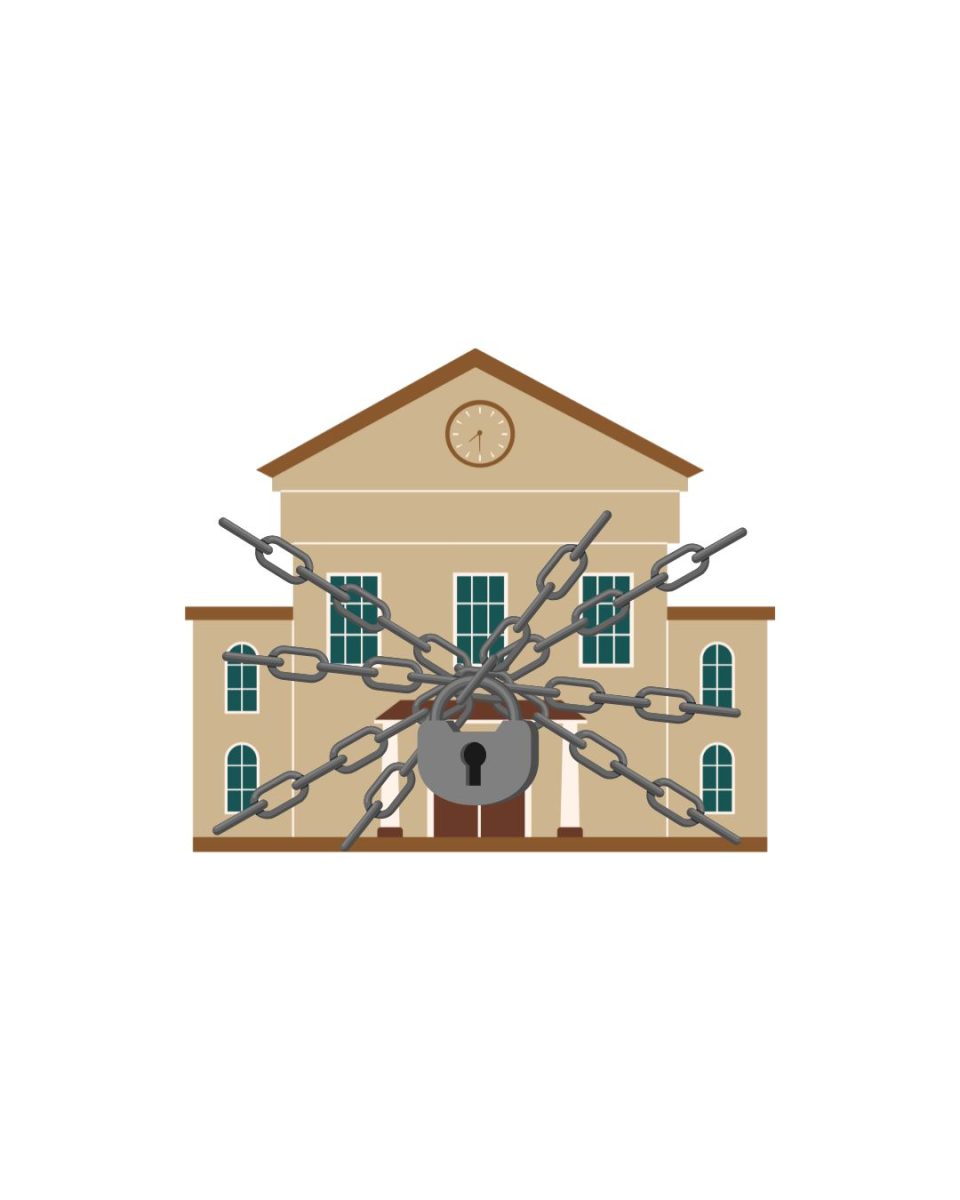Within the LGBTQ+ community, sexual orientation and gender identity have long been hotly debated issues. While there has been progress in recent years to increase understanding and encourage acceptance of all sexual orientations, asexuality is frequently misunderstood and disregarded. Every year on April 6, International Asexuality Day provides an important forum for raising awareness of asexuality, promoting understanding of it and promoting support and acceptance for asexual people.
To put it simply, asexuality is the absence of sexual attraction to anyone, regardless of gender. Asexual people, or “aces,” may still feel romantic attraction and develop deep emotional bonds with others. Asexuality is a legal sexual preference, and those who identify as such should be treated with the same respect, understanding, and acceptance as those of other sexual preferences.
The occasion presented by International Asexuality Day offers a chance to raise awareness of the particular struggles and experiences that asexual people go through. The lack of awareness and comprehension on the part of others is one of the problems that asexual people frequently experience. The existence of asexuality may not even be widely known, and this lack of awareness can result in misunderstandings, erasure and invalidation of asexual people’s identities and experiences. International Asexuality Day seeks to address this.
Raising awareness of asexual issues is important, but so is promoting inclusivity and acceptance. Asexuality, like any other sexual orientation, is a normal and legitimate facet of human variation. It is not a fad, a mental condition or a decision. Asexual people should not be forced to fit in with cultural expectations or norms, but rather valued and welcomed for who they are.
Another crucial component of promoting asexuality is understanding. Asexual people may experience difficulties managing relationships, overcoming societal stigma and dealing with prejudice. Many asexual people suffer from the social pressure to engage in romantic relationships as expected by society or with misinterpretations from others who may not understand their lack of sexual attraction.
International Asexuality Day is additionally important to highlight visibility. Asexual people deserve to see themselves represented in the media, in politics and in other spheres of public life because representation counts. Increased visibility can aid in eradicating myths, shattering prejudices and fostering acceptance and understanding. The accomplishments, difficulties and contributions of asexual people must be highlighted, and they must be included in discussions regarding sexual orientation and gender identity.
This day offers the chance to spread knowledge about asexuality, instruct others and promote inclusion and acceptance for those who identify as asexual. We can build a more accepting culture where everyone, regardless of sexual orientation, feels validated and valued by fostering visibility, understanding and acceptance. Let’s commemorate International Asexuality Day by amplifying asexual people’s voices, validating their identities and working to make a society where asexuality is accepted and cherished. To put things very plainly — just be kind.
For comments/questions about this story, email [email protected] or tweet @TheWhitOnline


































































































































































































